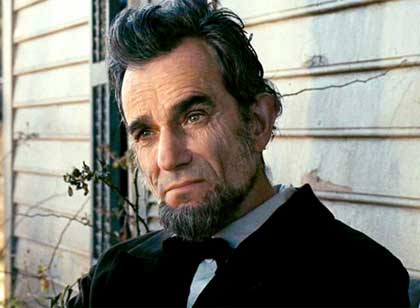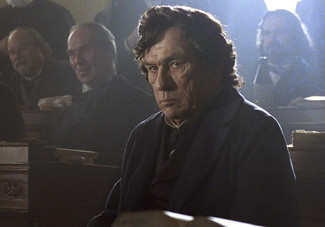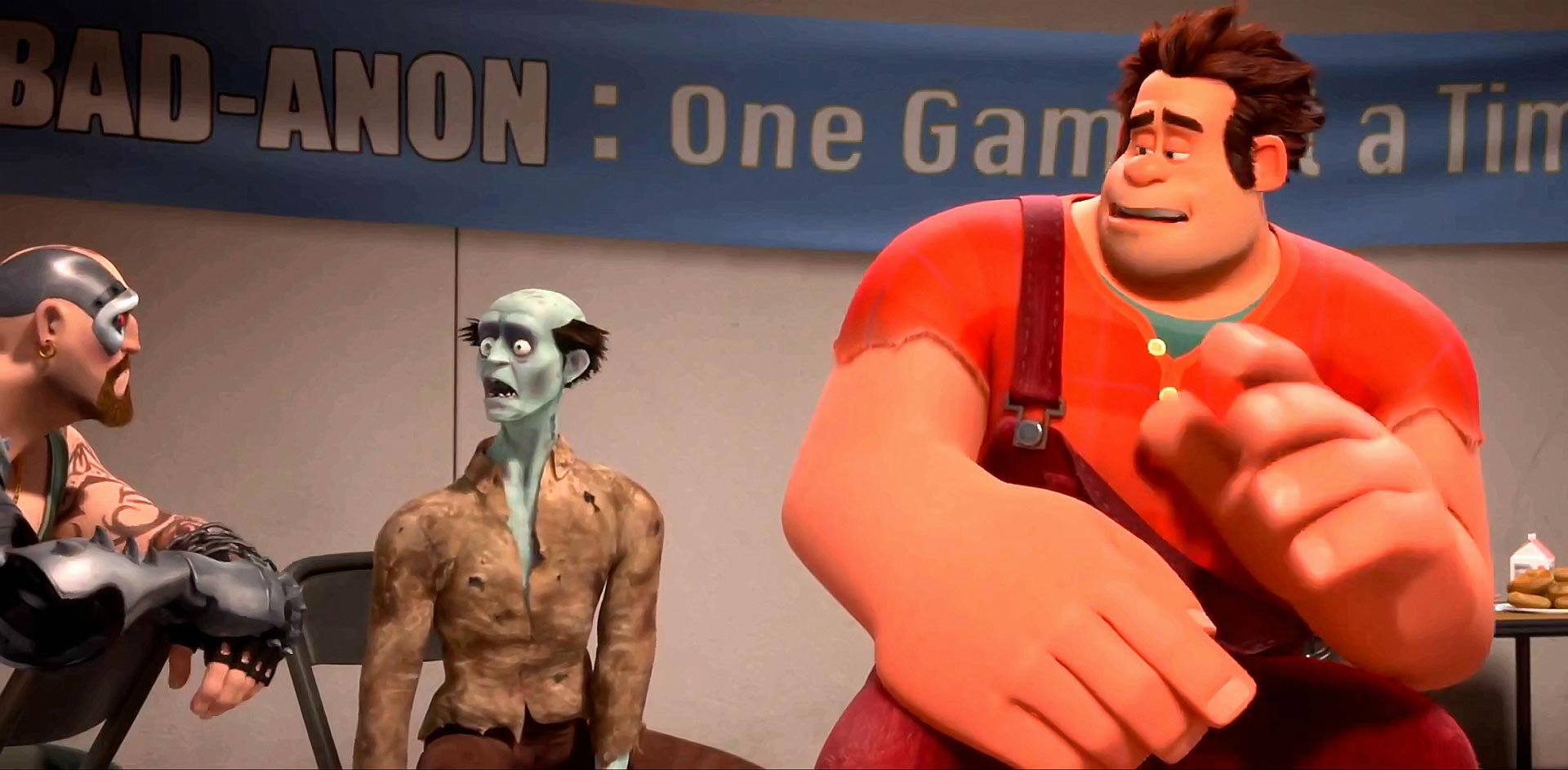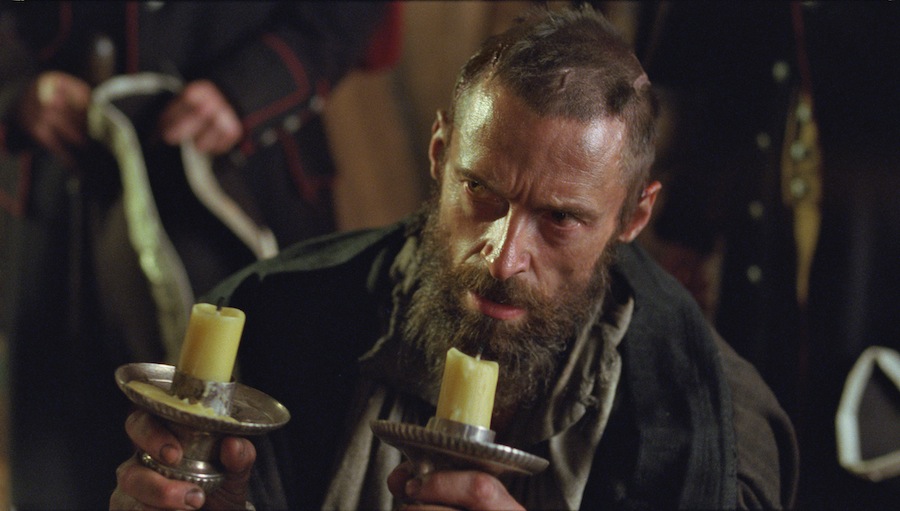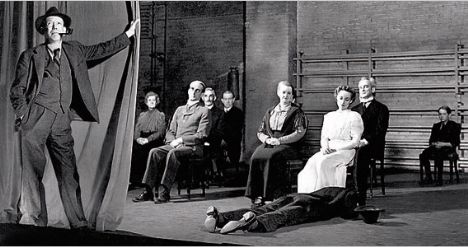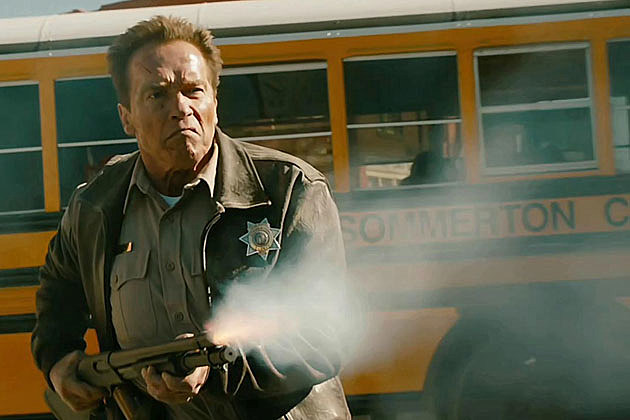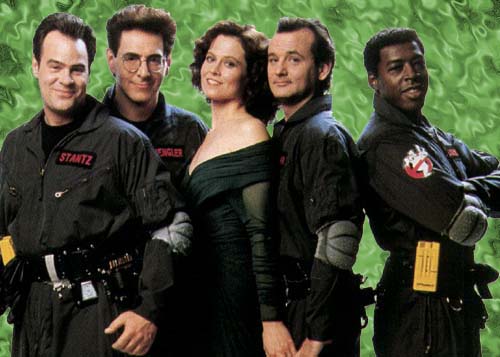I just read Warren Harris's
biography of Clark Gable. While he may not be as celebrated today as, say, Cary Grant or Humphrey Bogart, he was the star of stars. During the glory days of the studio era, he was the biggest name at the biggest studio. He was known as the King of Hollywood, even though he thought the title rather silly. And he remained a star until his premature end.
Born in Ohio in 1901, he was stagestruck as a young man. Mostly earning a living as a laborer, he also did his apprenticeship in front of the footlights and by the late 1920s was a Broadway leading man. Sound came to movies and he went to Hollywood. With his big ears and somewhat simian appearance, not everyone was sure he was destined for stardom, but as soon as appeared on screen, in 1931, the audience knew.
Fan mail came in. Women wanted to know who this virile man was. Within a year, he was a leading man at MGM, playing the tough guy with leading ladies such as Joan Crawford and Greta Garbo. The film of this early era that probably shows best what he could do is
Red Dust, where he's such a he-man that he easily seduces the "good" woman, Mary Astor, before ending up with the "bad" one, Jean Harlow.
Then he was lent to Columbia where he made his best film, and won his only Oscar, in Frank Capra's
It Happened One Night, which essentially invented the screwball genre. While Gable didn't specialize in romantic comedy, he showed he could handle himself onscreen as a fast-talking charmer who was all man underneath. Many of his future performances show flashes of this character. (There's a scene where he's talking fast and eating carrots, and some claim it was the inspiration for Bugs Bunny.)
In Hollywood back then (just back then?), it seems that everyone was sleeping with everyone else. Certainly Gable was. He had affairs with most of his leading ladies, including a torrid one with Joan Crawford and another with Loretta Young that left them with a daughter who didn't find out for years who her real father was. There was so much fear at MGM of scandal that they threatened to cancel Gable's contract if he didn't marry the older woman he'd been living with for years. It was a marriage in name only, but it satisfied the hypocrisy of the times.
By the mid-30s, he was firmly established as the big man on the lot, and he went from one major hit to another--
Mutiny On The Bounty,
San Francisco and so on. The stardom also trapped Gable somewhat. He stopped stretching and learned to stay within his comfort zone--a tough, heroic guy who saved the day and got the girl.
Then of course came
Gone With The Wind. Independent producer David Selznick searched and searched for a Scarlett O'Hara, but there was never any question that Gable would be Rhett Butler. In fact, the need for Gable was a major reason Selznick teamed with MGM to get the film made. Gable actually didn't want the role. He wasn't thrilled with period pieces (and wouldn't do the accent) but most of all feared his job was to support Scarlett. He had a point, but Gable is great, one of the best things about the film.
GWTW became the biggest hit of all time, and even in its rereleases through the years was generally the biggest hit on MGM's yearly slate.
Around this time, he also had his great romance with Carole Lombard. (Ironically, she was making more money than Gable at the time since she was a freelancer getting paid by the film while he was on salary at MGM.) After he finally divorced his wife, they married. However, she died in a plane crash in early 1942. She was the love of his life and he never fully recovered.
Even though in his forties, he enlisted in the military. He didn't ask for a soft assignment, and served as a gunner, flying on missions in Europe and earning the rank of major. When he returned to movies in 1945, things were different. He was still a star, but he was getting older, styles were changing, and TV was about to become a huge threat. Suddenly the misses were more common than the hits.
He made some decent films in the post-war period, but generally not as good as the work he'd done in the 30s. He also continued to have affairs, such as with
Mogambo (remake of
Red Dust) costar Grace Kelly--half his age--and also got married a couple more times.
His age was showing, but audiences still wanted him as a romantic lead. His final film, however, was an oddity--
The Misfits. In a script by Arthur Miller laden with symbolism, and a cast that followed the Method, Gable seemed like the misfit. The film didn't do well, but even before its release, Gable--a big smoker and heavy drinker--died of a heart attack.
Gable was, by most accounts, a sweet, charming man. He knew what he liked and was fairly straightforward about it. He also didn't take his mystique seriously--he'd spent years in the theatre without women swooning, so he knew how much stardom really meant.
He's in a handful of truly good films and a fair amount of decent ones. Someone's got to be the biggest star. Why not Gable?








